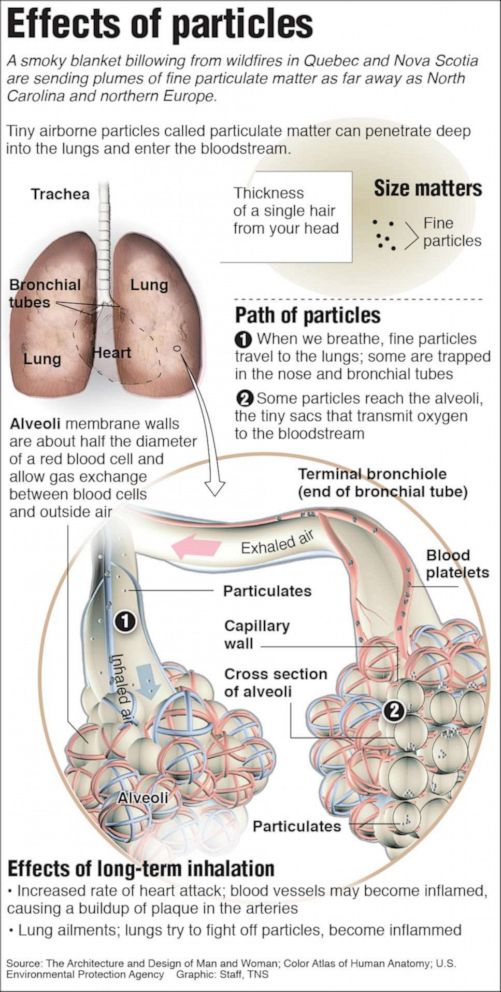Wildfires have become a common occurrence in many parts of the world, especially during the summer months. While the immediate danger of a wildfire is obvious, the smoke and particulate matter that it produces can pose a significant health risk to those in the surrounding areas. In this guide, we will explore the hazards of wildfire smoke and particulate matter and provide tips on how to protect yourself and your loved ones.
What is Wildfire Smoke and Particulate Matter?
Wildfire smoke is a mixture of gases and fine particles that are released into the air when a wildfire burns. The smoke can travel for miles, affecting the air quality in surrounding areas. Particulate matter, also known as PM, is a term used to describe the tiny particles that are found in the smoke. These particles can be as small as 2.5 micrometers in diameter, which is smaller than the width of a human hair.
The Hazards of Wildfire Smoke and Particulate Matter
Wildfire smoke and particulate matter can cause a range of health problems, especially for those with pre-existing respiratory conditions such as asthma or chronic obstructive pulmonary disease (COPD). The particles can irritate the lungs and airways, causing coughing, wheezing, and shortness of breath. They can also trigger asthma attacks and exacerbate COPD symptoms.
In addition to respiratory problems, exposure to wildfire smoke and particulate matter can also cause eye irritation, headaches, and fatigue. Children, older adults, and pregnant women are particularly vulnerable to the health effects of wildfire smoke.
Protecting Yourself from Wildfire Smoke and Particulate Matter
If you live in an area that is affected by wildfires, there are several steps you can take to protect yourself and your loved ones from the hazards of smoke and particulate matter:
1. Stay indoors: If possible, stay indoors with windows and doors closed to reduce exposure to smoke and particulate matter.
2. Use air conditioning: Use air conditioning units with HEPA filters to help remove particles from the air.
3. Avoid outdoor activities: Avoid outdoor activities, especially during times when the air quality is poor.
4. Wear a mask: If you must go outside, wear a mask that is designed to filter out particles, such as an N95 respirator mask.
5. Monitor air quality: Keep track of the air quality in your area using resources such as the Air Quality Index (AQI).
6. Stay hydrated: Drink plenty of water to help flush out any particles that may have been inhaled.
Conclusion
Wildfire smoke and particulate matter can pose a significant health risk to those in affected areas. It is important to take steps to protect yourself and your loved ones from exposure to these hazards. By staying indoors, using air conditioning with HEPA filters, avoiding outdoor activities, wearing a mask, monitoring air quality, and staying hydrated, you can reduce your risk of health problems caused by wildfire smoke and particulate matter.



